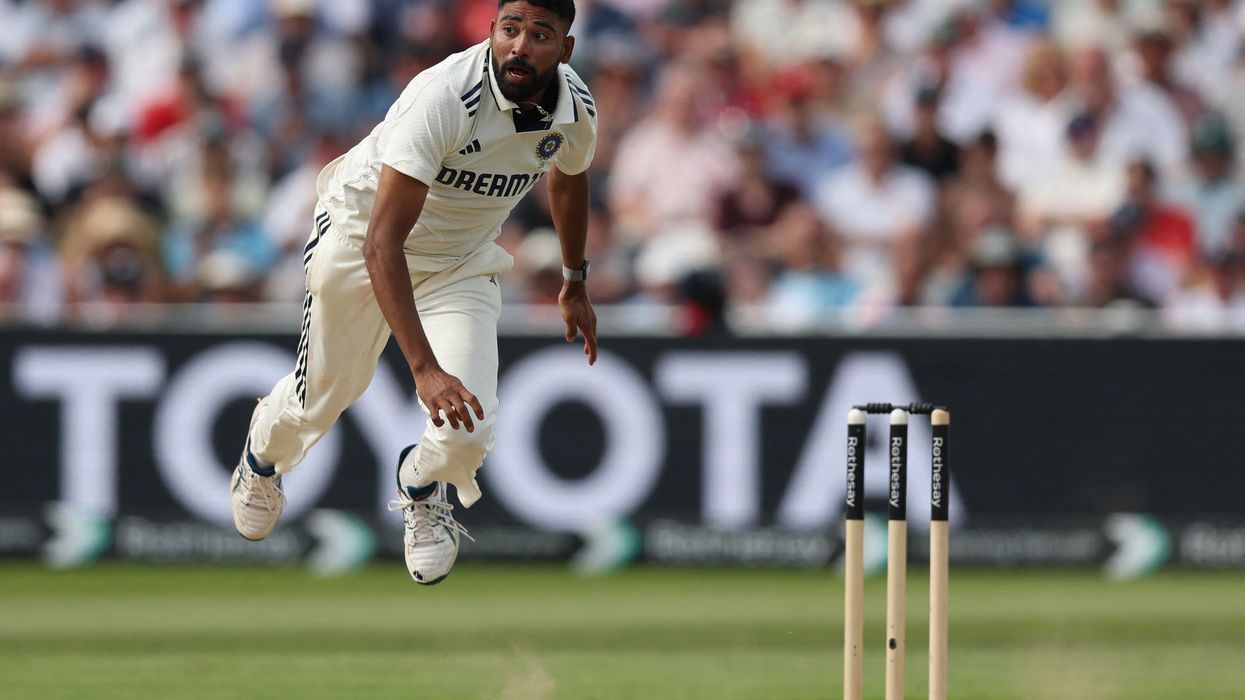For all the shrill rhetoric immediately following Sunday’s (September 18) attack on an Indian army camp in Kashmir, which New Delhi blamed on Pakistan, the threat of a sudden escalation in hostilities between the nuclear-armed rivals has receded for now.
Two days after 18 Indian soldiers were killed, in the biggest blow to security forces in the disputed Himalayan region for 14 years, some officials called for a measured response and plotted a diplomatic offensive to increase pressure on Pakistan.
Military action was limited to skirmishes near the Line of Control (LoC) separating the countries in Kashmir, with Indian troops killing eight people they said were trying to cross the de facto border and separately fighting four or five suspected militants.
Union law minister Ravi Shankar Prasad said there was a deep sense of outrage about the attack in the border town of Uri, and that patience with Pakistan was wearing thin.
But he added: “Whatever decisions the government takes in this regard will be done with full diplomatic and strategic maturity.”
Prasad also warned against loose talk of conducting cross-border strikes.
Pakistan has dismissed Indian allegations of involvement in the Uri attack, saying the administration of prime minister Narendra Modi had apportioned blame even before the investigation was complete.
Home minister Rajnath Singh on Sunday tweeted that “Pakistan is a terrorist state.”
The attack presents Modi with the most serious crisis involving Pakistan since his election in 2014, with hardliners who helped him sweep to power expecting a more robust reaction than that of the last government.
Yet the response so far resembles the path of “strategic restraint” that previous leaders have adopted, even at times of major tension including the 2008 assault on Mumbai in which 166 people were killed by gunmen who came from Pakistan.
Senior security officials on the ground in Kashmir, facing a hardening of separatist attitudes in response to the rise of Modi, say they can manage the impulsiveness of his hardcore nationalist allies.
“This country has a very robust bureaucratic set-up to take care of their inadequacies,” one senior army officer said, on condition of anonymity.
Any military action against Pakistan would be carefully weighed on its merits and against less risky alternatives such as diplomatic pressure, economic measures or covert action.
“It’s a tactical decision,” the officer said.
On Tuesday (September 20), a team from India’s National Investigative Agency gathered more evidence from Uri including blood samples, DNA and the GPS devices that the four attackers carried. The assailants were killed by the army.
Indian government officials are hoping they can establish the route they believe the gunmen took to cross the LoC from the Pakistani side, because it would help mount a diplomatic offensive against Islamabad for harbouring militants.
An official at the Indian interior ministry said the government was preparing to make a case before the United States to encourage it to take economic measures against Pakistan for failing to act against insurgents operating from its soil.
Washington has already cut back military and economic aid to Pakistan, in part because it says Islamabad did not target the Pakistan-based Haqqani militant network blamed for a widening insurgency in Afghanistan.
“You will see multiple serious action against Pakistan, the results will hurt their economy,” the Indian interior ministry official said.
One problem for Modi’s government is that, by promising an appropriate response to the attack and raising expectations of a punitive strike, officials in his administration could now lose face with its core nationalist constituency.
Another is that retaliatory measures carry a risk of a bigger conflict between India and Pakistan, who have fought three wars since independence, two of them over the
nuclear flashpoint of Kashmir.
“There are no easy options, but not doing anything is also not an option,” said an Indian defence source.
Military officials in New Delhi and Srinagar, summer capital of Jammu and Kashmir, have cautioned against rushing into cross-border strikes that members of Modi’s Bharatiya Janata Party were baying for in the hours after the raid.
One option long on the table is a small group of soldiers carrying out a fast attack on one or two Pakistan army posts across the border that are suspected of helping militants sneak into Kashmir, the defence source said.
Another option that the Modi’s administration is seen as more likely to explore than its predecessors is targeted assassinations of leaders of militant groups based in Pakistan.
But India’s operational and intelligence capabilities to carry out such operations are unproven and carry the risk of going wrong.
“India may well decide to introduce some subtle means of punishing Pakistan into its policy toolkit,” wrote Michael Kugelman, a South Asia analyst at the Washington-based Woodrow Wilson Center on Indian website Rediff News.
“Forget about sending in troops or raining down missiles, but don’t rule out certain types of furtive activities, including occasional covert operations that target specific terrorist leaders or facilities.”
















